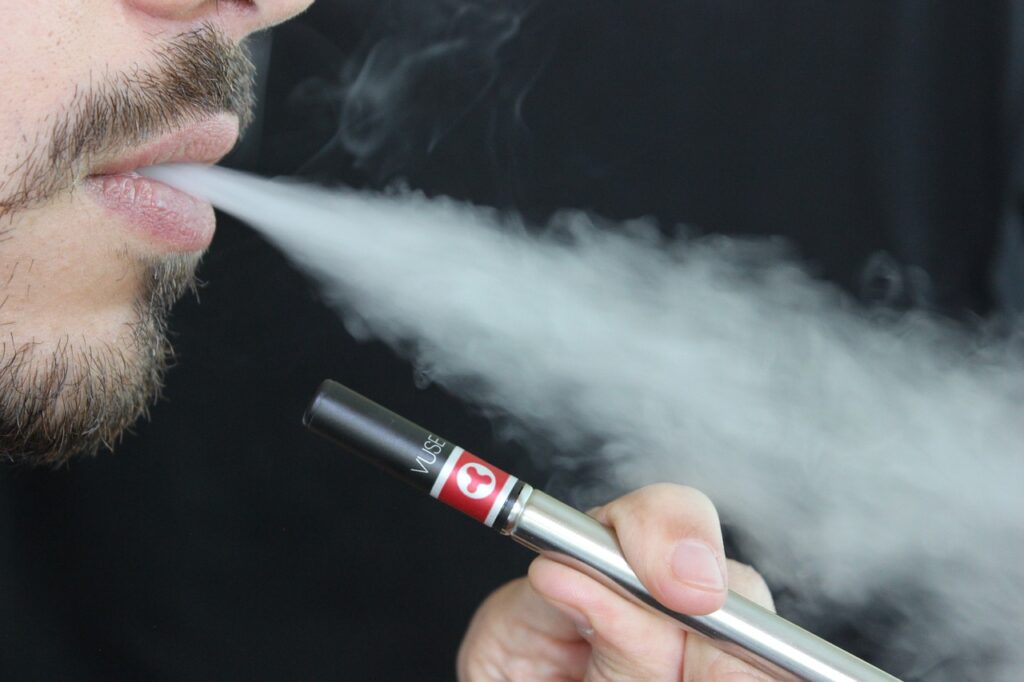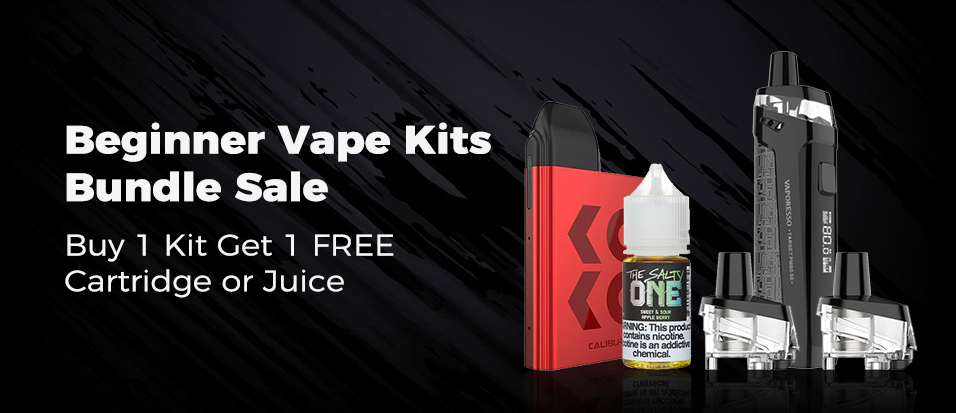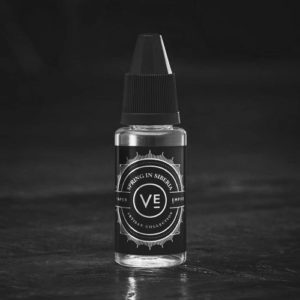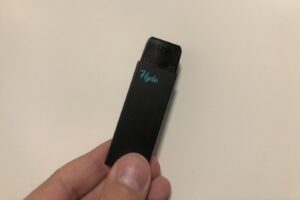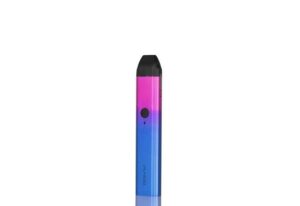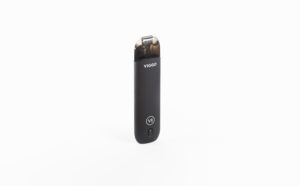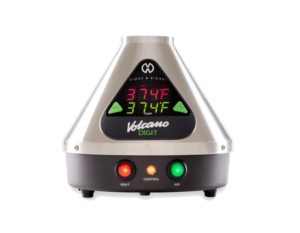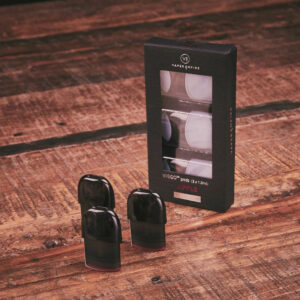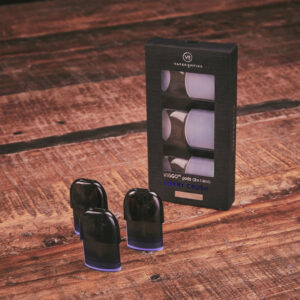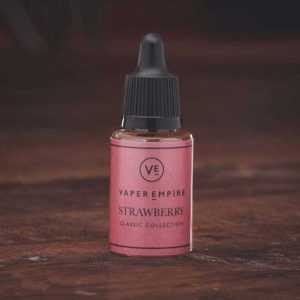In Canada, vapers are limited to e-liquids containing no more than 66mg/ml of nicotine. This national limitation on e-liquid nicotine strength could change in 2021, as Health Canada has proposed lowering the limit to 20mg/ml.
In the 27-member-state European Union (EU), the maximum e-liquid nicotine strength available is 20mg/ml. In the Canadian province of Nova Scotia, the cap is already set at 20mg/ml.
In addition to capping the maximum strength of nicotine e-liquids at 20mg/ml, Nova Scotia has implemented some of the toughest vaping regulations seen in all of Canada. As of April 1, 2020, the sale of flavored e-cigarettes and e-liquids is prohibited in Nova Scotia.
Health Canada is considering following suit and implementing restrictions on flavors as well, only such restrictions would be nationwide as Health Canada is the department of the Canadian Government responsible for the nation’s federal health policy.
The bid to lower the cap on the nicotine concentration in vaping products across all of Canada is intended to reduce youth appeal, according to Health Canada.
Before a final decision on the matter is made, Health Canada is seeking public feedback from Canadian citizens.
Have your say! Health Canada is proposing to limit #nicotine concentration in vaping products, to reduce the appeal of #vaping products to youth #CanadaGazette https://t.co/ApYRu9I0lo pic.twitter.com/F9ka4aqKjo
— Health Canada and PHAC (@GovCanHealth) December 18, 2020
In response to Health Canada’s tweet announcing that the public consultation period on the matter is open until March 4, 2021, one Twitter user rejected the proposal, calling it “a step backwards” while noting that “tons of people use vaping to quit smoking, which is a positive health adjustment.”
NO. This is a step backwards, as tons of people use vaping to quit smoking, which is a positive health adjustment. Stop punishing adults, instead just make sure kids can't buy the products. This isn't complex.
— Ryan ?? (@RCAstudios) December 18, 2020
The proposal to lower the limit would, in its current state, only impact local sales in Canada. Manufacturers of nicotine vaping products would still be free to manufacture higher strength vaping products to be sold on the international market.


